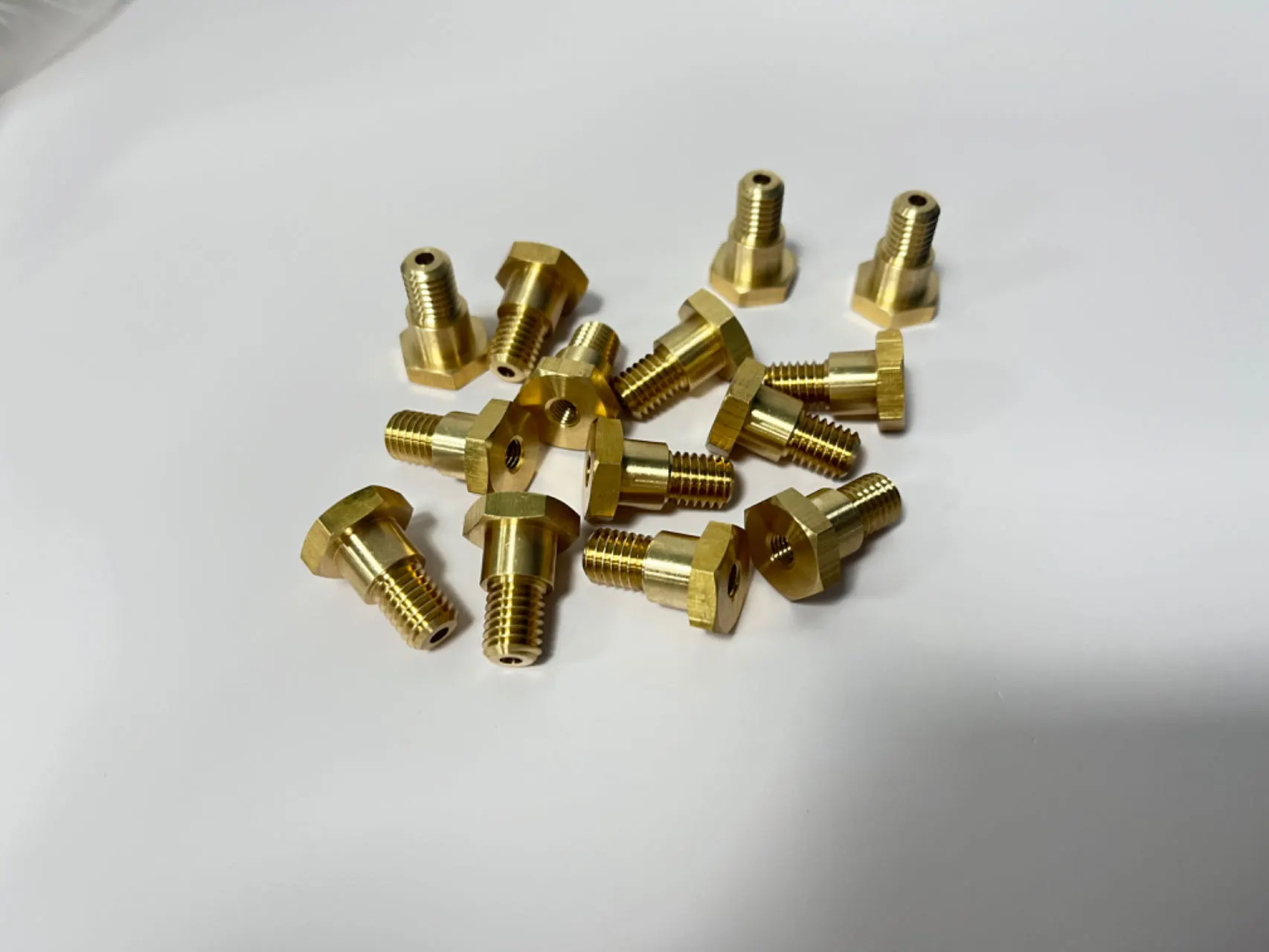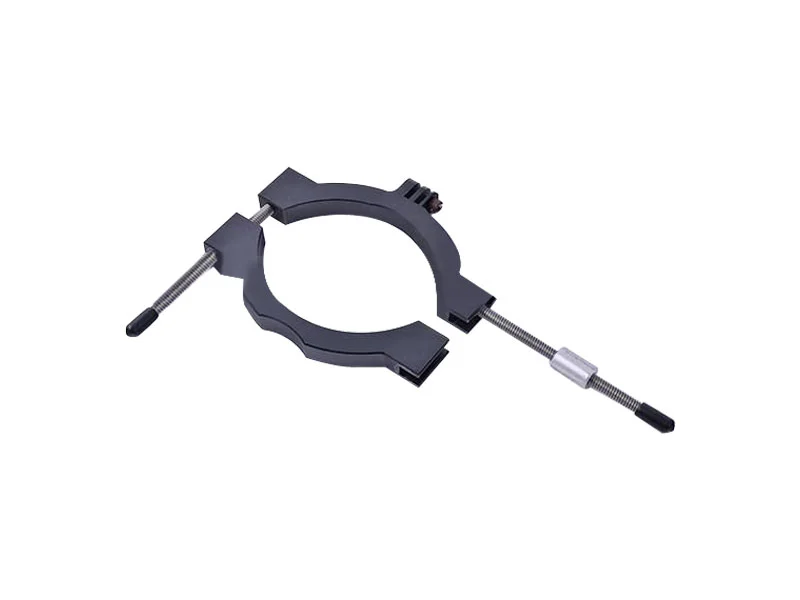





Non-standard parts can have a significant impact on the manufacturing process, as they often require additional time, money, and resources to produce. These non-standard parts can also cause delays in production and increase costs due to the need for additional tools or machinery to create the parts. Additionally, the non-standard parts can create compatibility issues with other parts, leading to potential quality control issues. Finally, integrating non-standard parts into the manufacturing process can require additional training for staff to ensure that the parts are being used correctly and safely.
Standardizing non-standard parts has many benefits for both manufacturers and customers. Standardizing non-standard parts reduces confusion and helps customers and manufacturers alike to quickly identify and replace parts. Additionally, standardizing non-standard parts can reduce costs for manufacturers by eliminating the need to manufacture parts that are not cost-effective to produce. This, in turn, can result in lower prices for customers. Moreover, standardizing non-standard parts can reduce the number of errors in manufacturing, since parts that are not standard can be difficult to identify and replace. Finally, standardizing non-standard parts can speed up the manufacturing process, since there is no need to search for, or manufacture, non-standard parts.
Let us be your resource to determine which manufacturing processes are right for your project. Start your project with a free quote.
